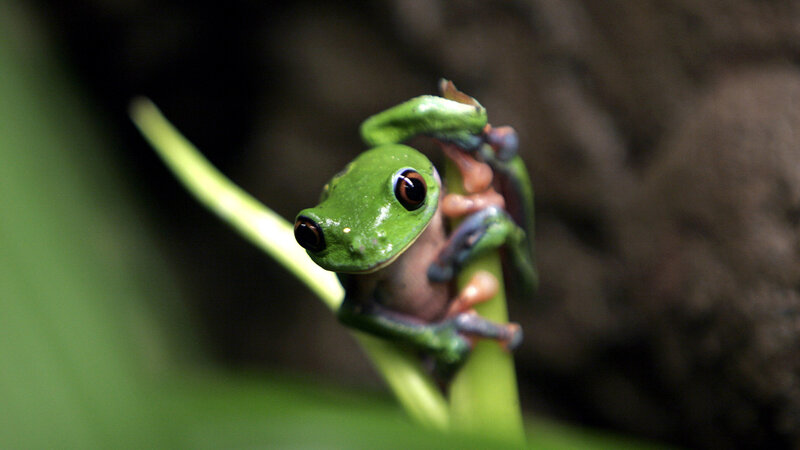https://www.npr.org/2023/10/04/ [login to see] /scientists-looked-at-nearly-every-known-amphibian-type-theyre-not-doing-great
When JJ Apodaca was starting graduate school for biology in 2004, a first-of-its-kind study had just been released assessing the status of the world's least understood vertebrates. The first Global Amphibian Assessment, which looked at more than 5,700 species of frogs, toads, salamanders, newts and other amphibians became "pretty much the guiding light of my career," said Apodaca, who now heads the nonprofit group Amphibian and Reptile Conservancy.
Nineteen years later, a second global assessment of the world's amphibians has been completed.
"It's a gut punch," said Apodaca, who was not involved in the study but has reviewed its findings. "Here we are 19 years later with things not only not improved but getting worse."
The assessment, published in the journal Nature Wednesday, looked at two decades worth of data from more than 1,000 scientists across the world. It assessed the status of nearly for nearly every known amphibian on the planet, "Ninety-four percent," said Jennifer Luedtke, one of the lead authors on the study. Though, she noted, an average of 155 new amphibians are discovered each year.



 Science
Science Wildlife
Wildlife


